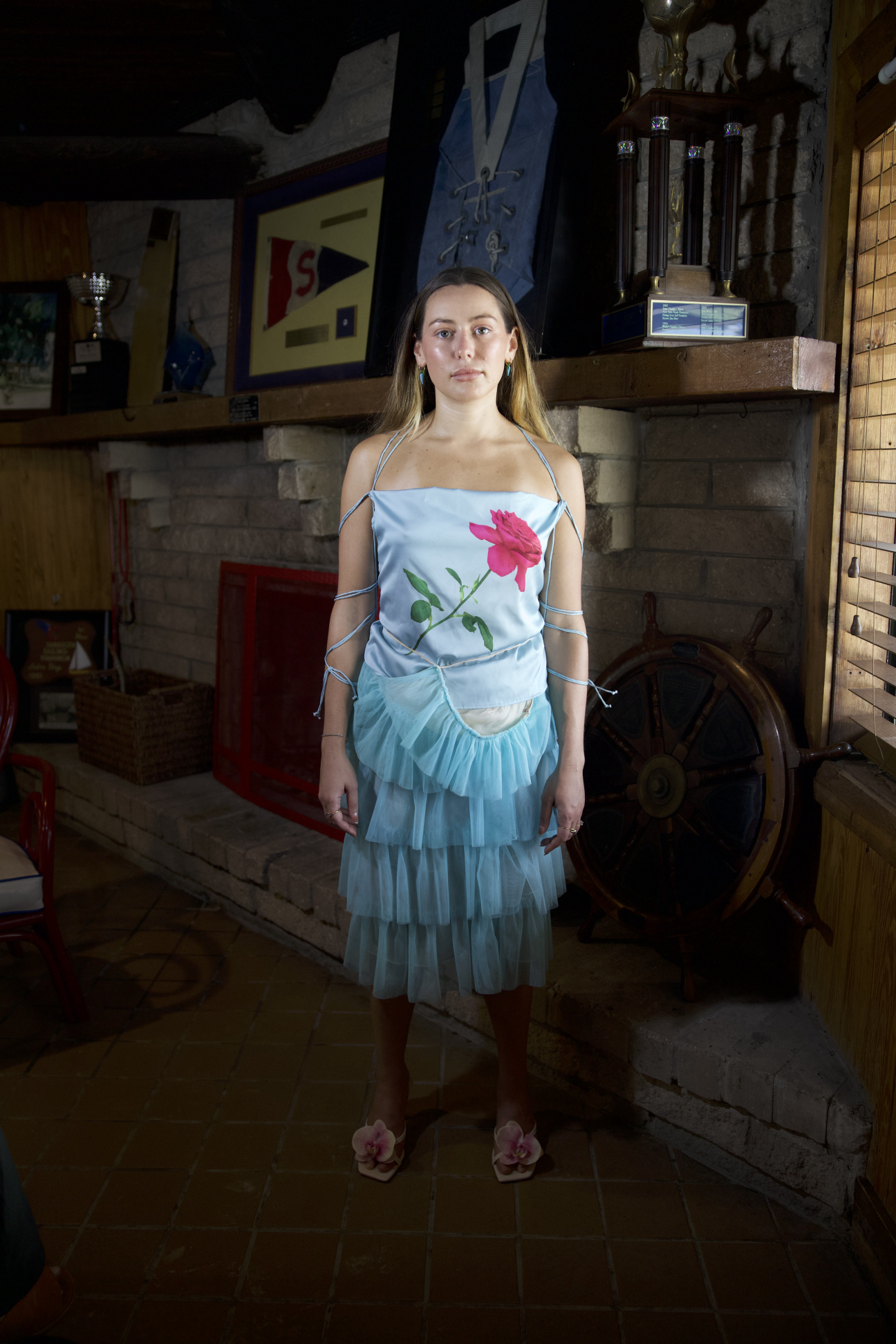
Caroline Calloway and I both take gabapentin, but she uses it to wake up in the morning and I take it to go to sleep. This is the kind of emblematic fact Calloway suggests I use to introduce her, and she has a point, and an unrivaled talent for the opening anecdote: She began her first book, Scammer, with the admission that she’s never had an orgasm.
Calloway did not always envision Elizabeth Wurtzel and Caroline Calloway’s Guide to Life, out this month from Calloway’s imprint Dead Dad Press, as a book, but as something between a zine and a time-traveling AIM transcript. Most people know Wurtzel, who died in 2020, as the author of the era-defining memoir Prozac Nation, but she also penned a little-read advice book, billed basically as advice from the last person you’d think was qualified to provide it, and partially reprinted in excerpts now by Calloway, alongside her own new writing. When Calloway first told me about the project, she called it a “memoir EP” and a “never-before-seen type of conversation about life between two depressed downtown darlings across time and space.” But when you’re channeling the spirit of a fellow blonde in stimulant addiction recovery, things can get a bit out of hand, and the project quickly became a book. Calloway has always gotten off on zigging when we expect her to zag, and here she hopscotches deftly between genres, writing in an entrancing new form that combines advice book, biographical exploration, memoir, reclamation of the listicle, graphic nonfiction, and annotated bibliography.
Below, Calloway Facetimes me from her current home in Sarasota, Florida, to talk advice columns, girl art, retiring from the plot, and more.
Emmeline Clein: So this book is a cross-generational, interdimensional collaboration––an advice book co-written with Elizabeth Wurtzel. You've said that finding her 2001 advice book Radical Sanity felt like getting a drunk dial from beyond the grave. I'll say that reading both of your books felt like attending a séance for, let's say, literary girls with vocal fry and suicidal ideation.
Caroline Calloway: Yes, I love that word “inter-interdimensional.”
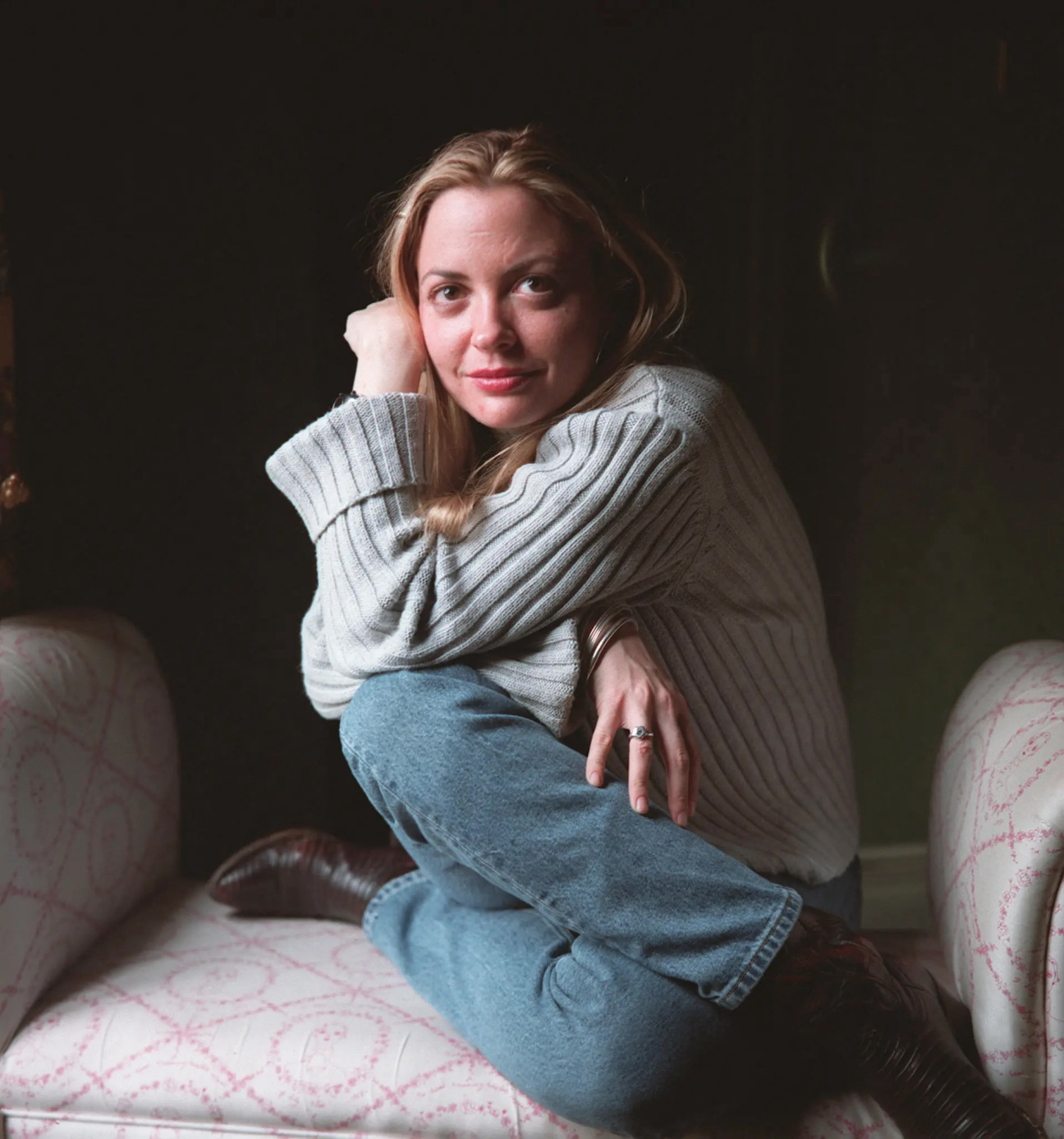
Clein: Literature about women writers misunderstood in their eras often skews elegiac and sentimental, to a point that can become condescending and claustrophobic, even fetishizing. Instead, you went conversational. It felt like you were leveling with her instead of eulogizing her, which I loved. Can you talk about your decisions around tone?
Calloway: Something I tried to do in all aspects of this advice book was stay in my goddamn lane. I did not give advice about financial planning. I did not give commentary on international conflicts. I didn't try to be the serious academic that I'm not. I am very clear in this new book that I hope it inspires the academic text that Elizabeth Wurtzel's legacy deserves because that doesn't exist yet, and someone needs to write it. But I know that I'm not the person to do that––I think the best use of my time and talent is to make voice-forward, chatty, irreverent, experimental memoir.
Clein: It was a lane I personally loved driving down. According to The Cut, you famously had three copies of Prozac Nation in your college dorm? When did you first discover Wurtzel?
Calloway: They sat unread in the backdrop of my life for years. I didn't read Elizabeth Wurtzel until I read More, Now, Again when I was recovering from my Adderall addiction, and it blew my mind. My three favorite books in the world are Priestdaddy [by Patricia Lockwood], In the Dream House [by Carmen Maria Machado], and More, Now, Again. And she wrote that book in Florida at her mom's condo.
Clein: You're really getting séance-coded down there.
Calloway: Exactly.
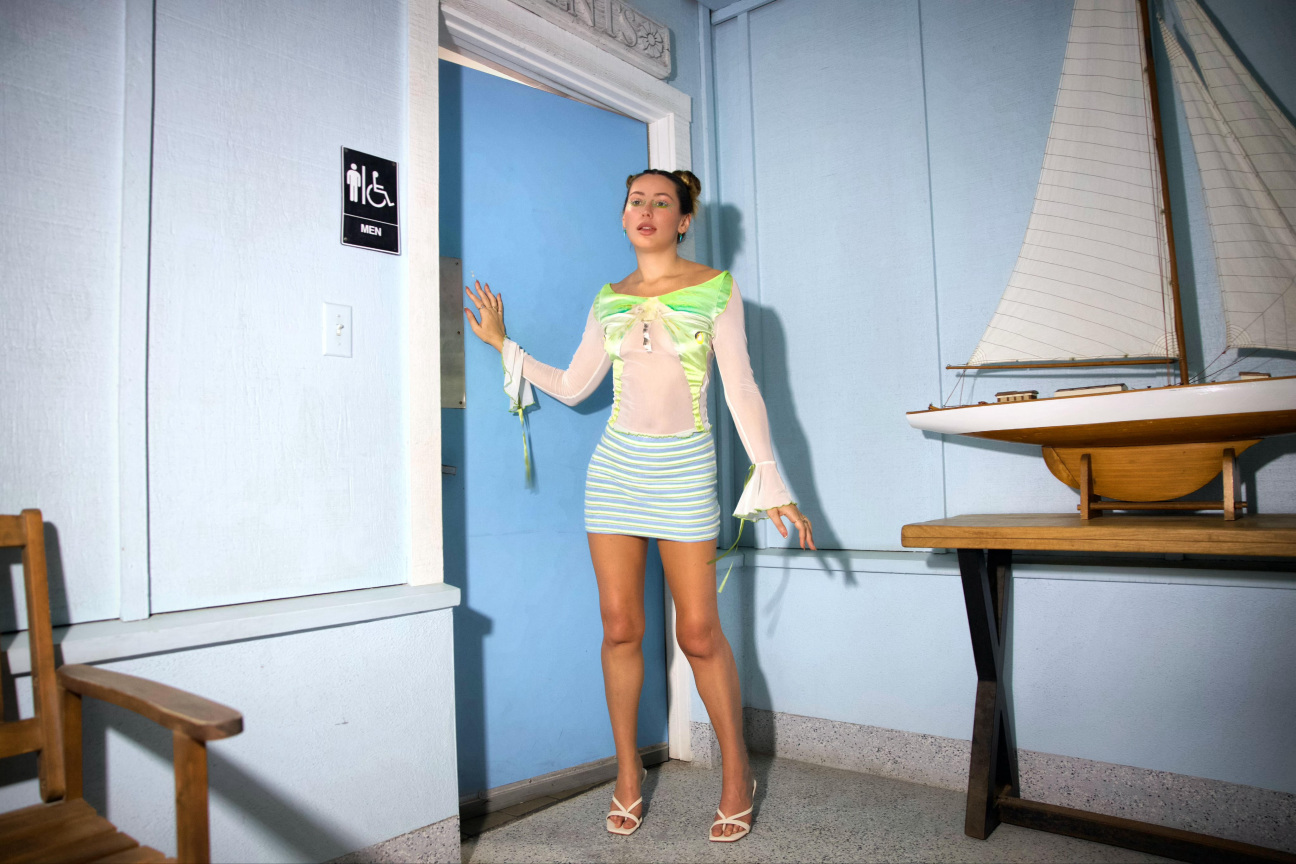
Clein: Did you break into her mom's condo?
Calloway: Yeah, when people say, “Caroline, she's at that Florida mom’s condo,” they don't say whose mom.
Clein: She could be at any depressed white woman's mother's condo.
Calloway: Any very beleaguered put-upon white woman's mother's condo. Anyway, I loved that book so much that I immediately cracked open all three copies of Prozac Nation. Then I ordered the advice books. After More, Now, Again, no one was publishing her, she wasn't making money as a lawyer, and she needed gainful employment. It's sad to me that she just missed the cutoff for any sort of digital native understanding––she just could not use the Internet to cut out the middlemen of publishing via Substack or Patreon, or starting her own imprint like Dead Dad Press.
Clein: You write, “We say that we like messy women, but we only act like it once they're gone or dead.” That point is really sharpened into a blade in your overview of how Wurtzel was critically received in life versus after her death.
Calloway: Overnight, every publication in the world rushed to lionize her.
Clein: What is it like being a currently living messy woman who has not always been understood empathically from a press perspective? How has that experience influenced your writing?
Calloway: Honestly, I've had to let it influence what I make as little as possible. If you live for the compliment, you'll die going viral as a scammer. You just cannot engage with it, positive or negative. When I turned 30, I uprooted my life, left New York, moved to Florida and my five-year plan is to just be down here, churn out maybe eight books, which will hopefully get me enough money to buy a studio in the West Village. I don't even need a bedroom. I'll sleep in the kitchen. Then maybe after a few years I'll retreat to Florida and write more books. Being here and away from what I consider my real home, my real friends, and my real life allows me to let all of that noise fade away and focus on making the objects that I want to exist in the world.
Clein: You’ve said that you had to retire from the plot in order to write. Is this a strategy you recommend?
Calloway: I didn't talk about this in the advice book because I consider the extreme way I had to force myself to buckle down and work very much last-resort behavior. In a perfect world, I would be living experiences worth writing about, and somehow coming home and clocking in time on a book, six hours every day that adds up to a manuscript and also I'd be going to Pilates and drinking every night and going to fabulous parties. I tried to do that every day for the entirety of my 20s. And I produced a grand total of zero books. I moved to Florida, and in two years, I've made two, and I'm really hoping that by the end of this calendar year, that'll be three. If you can do both, please write an advice book, I'll buy it.
Clein: The advice column is a highly feminized and therefore—shocker—under-critically analyzed genre, despite the long history of ingenious writers who practiced it, like Cookie Mueller. The only other literary form as maligned and misunderstood, I would say, is the Hot Mess Memoir, which you already made literary with Scammer. Were you explicitly trying to reframe the conversation around these genres?
Calloway: I love that you picked up on this. I did not think, in my wildest dreams, I would get a question as insightful as this one. I think about “girl art” as a genre with its own canon all the time. Every day, day in and day out: scrapbooking, Tumblr pages, Instagram. Oh my god, collage. Do you know what samplers are? I have this whole thing with Victorian scrapbooks.
Clein: Do you know about Zelda Fitzgerald's paper dolls?
Calloway: No. I need to go Google that.
Clein: Don’t, I’ll mail you an incredible book about them.
Calloway: I'm obsessed. Sewing embroidery samplers are a similar, perfect example of what we’re talking about. For a lot of women who were married too young, who were denied a broader education, they were only allowed to pursue very specific, very “feminine” artistic media. Those embroidery samplers were often destroyed and there are not many left, but the ones that remain are now considered art and are so important to the historical record. I think a lot about how a hundred years from now, social media accounts will fit into the same ongoing historical record. How will these digital relics of girl art fit into this larger, Girl Art historical canon? The first women who were given gainful employment at newspapers were advice columnists. It was a very purposeful choice. There are a couple of factors that converged in a perfect storm. One, it fit into my interest in Girl Art perfectly. Two, it fit into my interest in Wurtzel. I loved her premise of like, “Here I am, this famous cultural fuck-up, let me tell you how to live.” I saw that PR angle and said, "That's good. We've got something here." Thank you for the love of God for noticing that. And this is why I saw my life flash before my goddamn eyes when you unfollowed me on Instagram.
Clein: I still think that was not me. That was some type of ghost in the patriarchy machine that knew we'd be too powerful together. Returning to the book, you create a taxonomic system to categorize your favorite writers. Those categories include The Great American Cambridge Sads, the Saddest Girls in Europe, Your Favorite Gays, and Literary It Girls Who Have Gone Through It With the Press. I considered asking you to do a version of Fuck, Marry, Kill with these groups but I ultimately felt that so many of them attempted or did kill themselves that the game might be a bit crass. Instead, I have four activities and I want you to choose one to do with each group: group chat, boozy dinner party, stimulant bender, and gender studies seminar.
Calloway: Obviously gender studies seminar with the gays.
Clein: But maybe you'd come for the first time if you went to a boozy dinner party with them. And then had an orgy.
Calloway: Actually, I don't wanna do gender studies with the gays because honestly, they were behind their times. I definitely want to do the stimulant bender with the Sad Girls in Europe. Specifically I want to make sure that the bender itself is also in Europe. You get sad girls at their best on stimulants. As someone who's self-medicated their depression instead of doing SSRIs for many years, I'm here to tell you it helps. Is it a temporary fix with long-term consequences? Sure. I want a group chat with the Girls Who Have Gone Through It With the Press because as new press rolled in, you could send each other links. They could all be there to support you. You were totally right with the boozy dinner party leading to an orgy, once you said it I can't unhear it, that is the way to go. I could come for the first time. Virginia Woolf and Jean Rhys have taught me a lot, and I think if we had sex they could teach me even more.
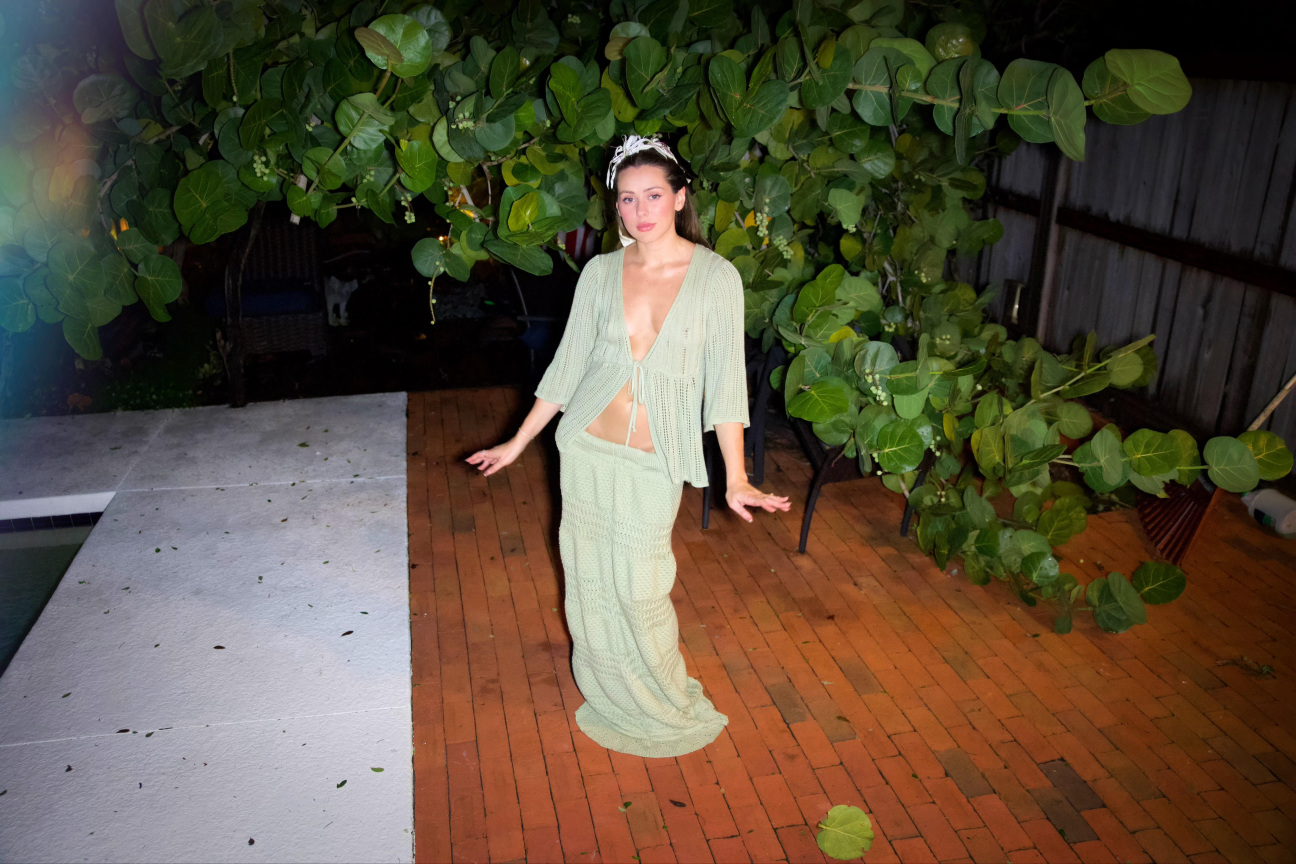
Clein: Ahead of this interview, you assigned me an amazing homework assignment, which was gonzo journalism for girls: Try out your dating method. You advise going on four one hour dates back to back, in four separate locations. You tell each person that you have to leave in an hour to meet your cousin for a drink.
Calloway: It's gotta be family related. I just think, and I can't emphasize this enough, you should never lie to your long-term partner about going to meet your family, but I do think you're allowed to tell a white lie to any man you meet on the street and especially someone you meet from a dating app to whom you owe nothing. Out of 10 people you meet on a dating app, eight of them are going to suck. I would even say one might make you cry. So let's just try to decenter men and reorganize your life around your time. You can spend four nights dedicating each night to a new man and getting drunk and being hungover the next morning or you can go on four dates in one night, be absolutely wrecked the next morning if you drink as much as I do, and devote the rest of your week to your own interests. Though you also have to factor in that since I discovered this dating method, love hasn't been a priority in my life. I've definitely been in full-blown career mode.
Clein: Many of the women on your lists have been, to be a little euphemistic, not so lucky in love. I'm curious about your thoughts regarding the relationship between being a woman writer interested in mining her life for art and being part of a heterosexual partnership. Especially in this moment, when there’s so much heteropessimism discourse.
Calloway: People might disagree with me, and I hope I'm wrong, but my personal view is that sexism oppresses women to such a degree that I do not believe it's possible to be a wife, a mother, and a great artist unless you're rich, unless you can afford to to pay to outsource all the labor that your husband will expect you to do. I wish I were the heiress to the Calloway Golf Club fortune that so many people think I am. Every time someone calls me a nepo baby I'm flattered, but in reality I'm self-made. Like I said in the Vanity Fair profile, every It Girl is a startup. I would never say I'm exactly an Emily Weiss, Glossier-style startup, but I wouldn't say that we have nothing in common either. The Caroline Calloway job position was one that did not exist in the world until I created that demand and hired myself to supply it.
Clein: You're still publishing from your self-run imprint, Dead Dad Press. I was curious about that decision because I imagine you could have done this book with a traditional publisher, given the success of Scammer.
Calloway: My plan with Scammer was to pay my dues. I was going to self-publish, I knew traditional publishing wouldn't have me, and I felt that was very fair of them. I really did not have to sell a book I had no intention of writing, no matter how many stimulant capsules I ingested. So I was ready to just sort of like, do my thing on my own, prove myself, write a really good book, get rave reviews from every major English-speaking publication in the world, and then return to traditional publishing. But I loved being able to control so many aspects of the book. The turnaround time is two months instead of two years, and I just thought, Why don't I publish these books with complete creative control? I think a lot about how aesthetics affects the consumer’s enjoyment of art. I love the ritual of writing your name in a book and considering how big the margins are for marginalia, how many blank pages you're going to include for people to write in. Not even necessarily to write about your book, but to enjoy the object and integrate it into their life.
Clein: You write about the way critics gave Wurtzel all these epithets they thought were insults, but are actually closer to compliments in retrospect, like “the Courtney Love of letters” and “the closest thing to Britney Spears Harvard has ever produced.” Do you have a favorite press epithet of your own, or one you wish they’d come up with? I was thinking “Cat Marnell of studying abroad” or “Caroline Calloway and Natalie Beach are the closest thing to Jennifer’s Body NYU’s creative writing department has ever produced?” Those are compliments, to be clear.
Calloway: The Emily in Paris of academia. Sylvia Plath with an iPhone. Instagram Grey Gardens.
Clein: Little Edie astral projecting into the body of Sylvia Plath and posting cameos?
Calloway: [Laughs] Exactly. I’ll text you some more options as they come to me. [Texts that came in later included: “Tana Mongeau for girls with liberal arts degree,” “Walmart Julie Fox,” and “Former Adderall Non Playable Character.”]

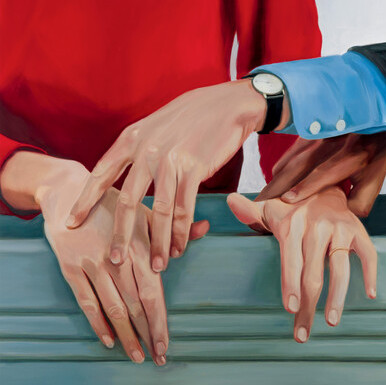
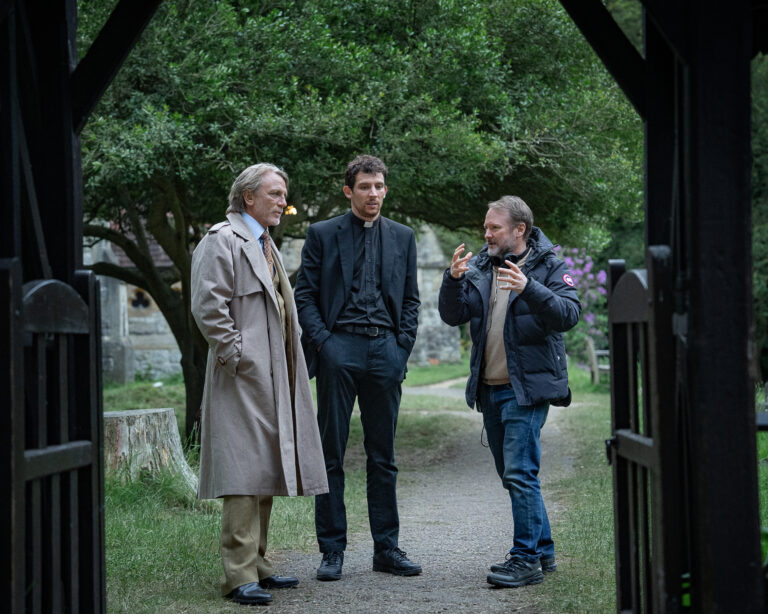
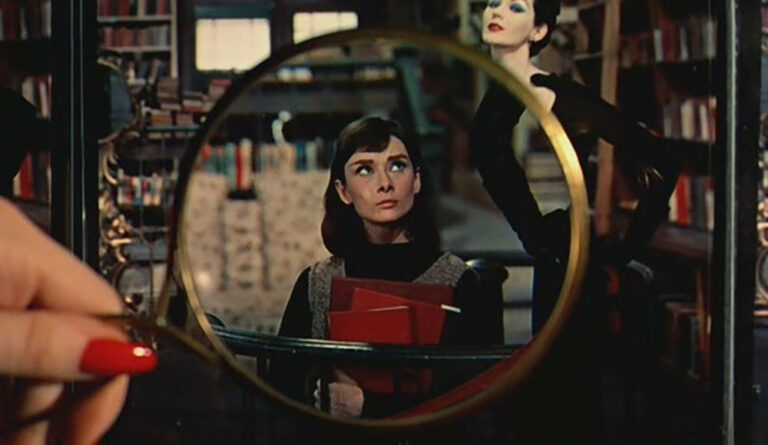
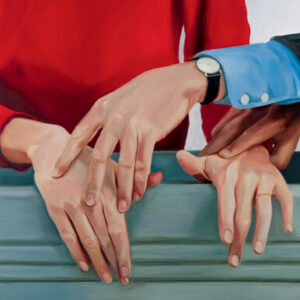
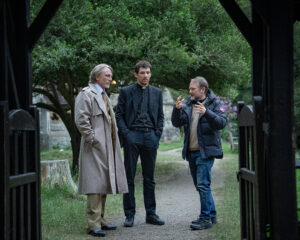
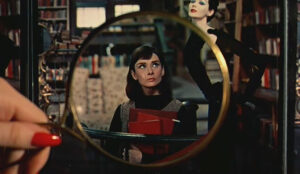



 in your life?
in your life?

